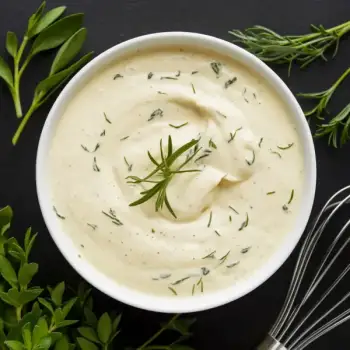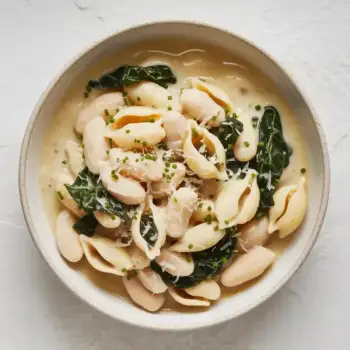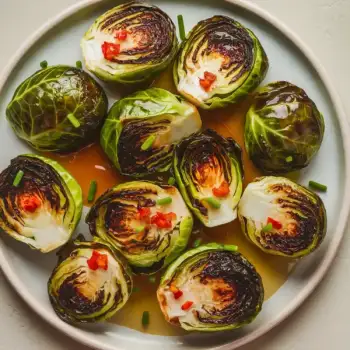


Infused
Some white wine vinegars are infused with herbs or fruits to add a distinct flavor profile, suitable for specialty dishes or creative culinary applications.
Standard
White wine vinegar is typically found in its liquid form, bottled and ready for use in dressings, marinades, and as a flavor enhancer in various dishes.




infused white wine vinegar: A L'Olivier
standard white wine vinegar: Colavita

Pickling: White wine vinegar is often used in pickling recipes due to its clear color and moderate acidity. It can preserve and add a tangy taste to vegetables and fruits.
Deglazing: White wine vinegar can be used to deglaze a pan after sautéing or searing meat, capturing the flavorful bits left behind. Add a splash to the hot pan and scrape the bottom with a wooden spoon to incorporate the fond into a sauce or gravy.
Marinating: Use white wine vinegar in marinades to help tenderize proteins and infuse them with flavor. The acid in the vinegar breaks down fibers in the meat, making it more tender and flavorful.













